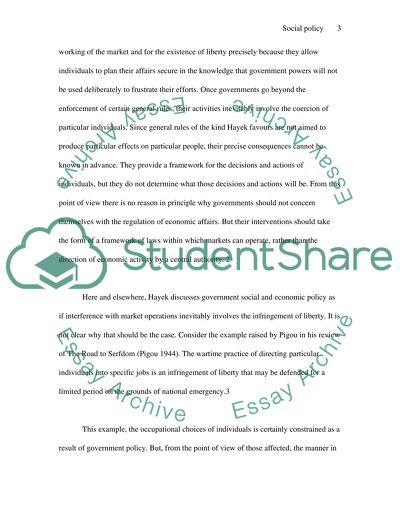Cite this document
(“Social policy Essay Example | Topics and Well Written Essays - 1500 words”, n.d.)
Social policy Essay Example | Topics and Well Written Essays - 1500 words. Retrieved from https://studentshare.org/miscellaneous/1536561-social-policy
Social policy Essay Example | Topics and Well Written Essays - 1500 words. Retrieved from https://studentshare.org/miscellaneous/1536561-social-policy
(Social Policy Essay Example | Topics and Well Written Essays - 1500 Words)
Social Policy Essay Example | Topics and Well Written Essays - 1500 Words. https://studentshare.org/miscellaneous/1536561-social-policy.
Social Policy Essay Example | Topics and Well Written Essays - 1500 Words. https://studentshare.org/miscellaneous/1536561-social-policy.
“Social Policy Essay Example | Topics and Well Written Essays - 1500 Words”, n.d. https://studentshare.org/miscellaneous/1536561-social-policy.


